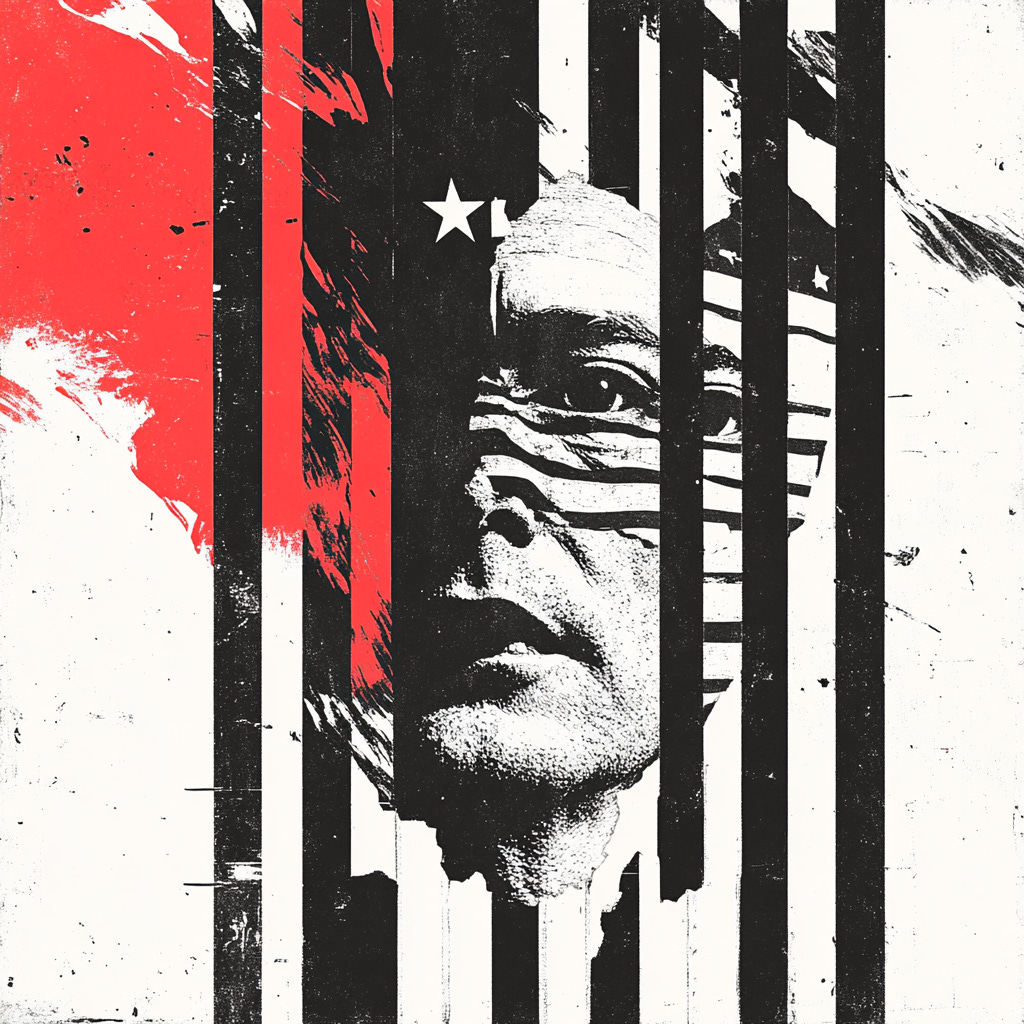A Global Authoritarian Realignment is Here, And Democracy Could Lose
If the bad guys win, we all lose
As Trump orders troops on the streets of DC, in the midst of a historic downturn in crime, I am reminded of a particularly stinging quote on the nature of authoritarianism:
Processions, meetings, military parades, lectures, waxwork displays, film shows, telescreen programs all had to be organized; stands had to be erected, effigies built, slogans coined,…




